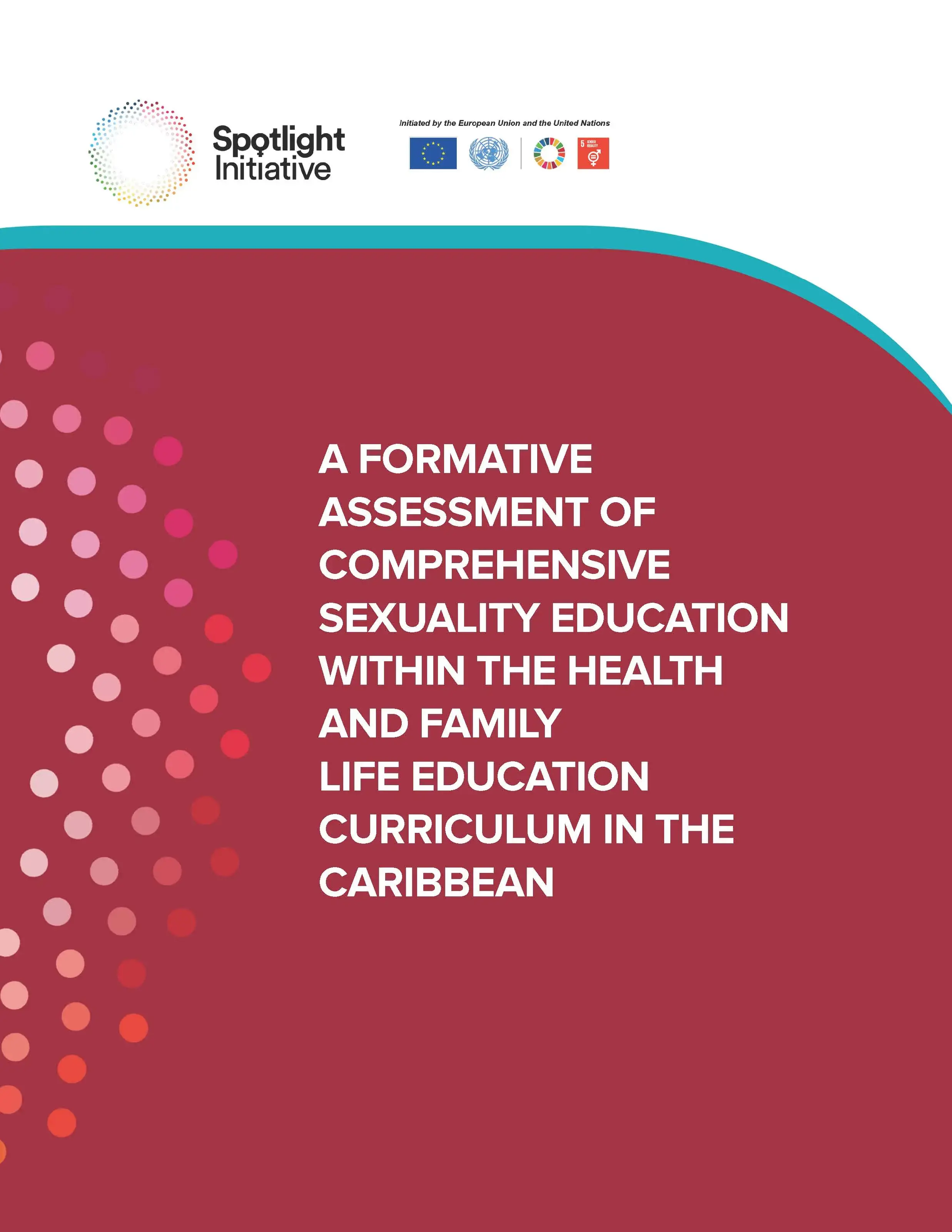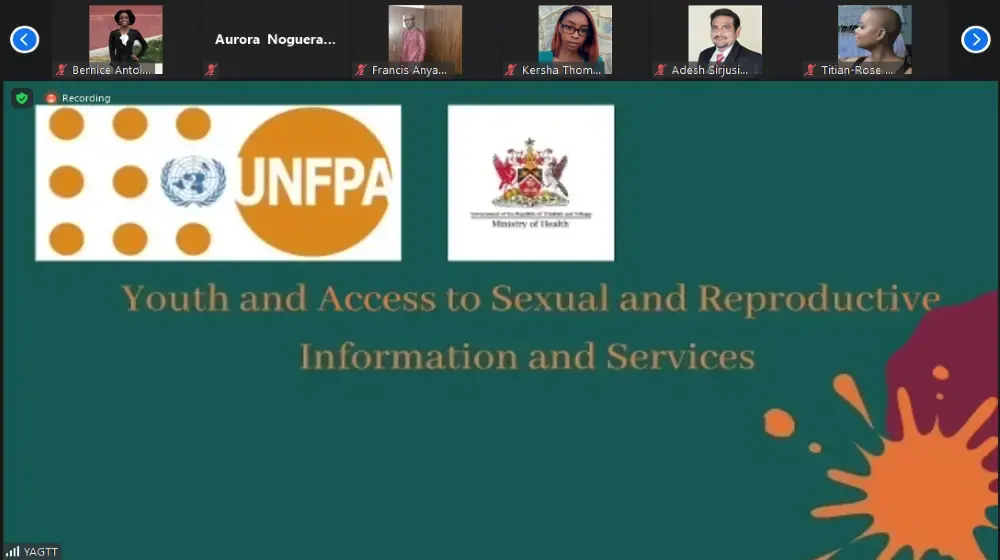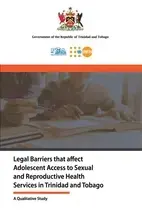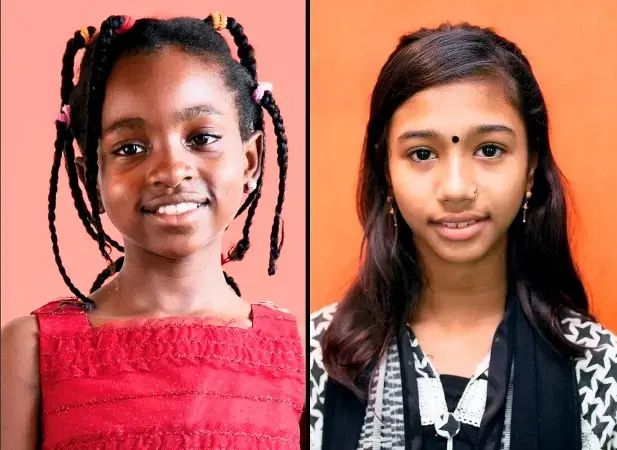Sexuality is pivotal to the health of a nation. The result of healthy sexuality are citizens that are comfortable with themselves and able to make informed and responsible decisions, form healthy relationships, and take care of their bodies. Comprehensive sexuality education (CSE) plays a central role in preparing young people for a safe, productive, fulfilling life in a world where far too much still has the potential to negatively affect their health and well-being. There is clear and compelling evidence worldwide for the benefits of high-quality, curriculum-based CSE in empowering youth to take control of and make informed decisions about their sexual health and relationships. Without CSE, many young people approach adulthood faced with conflicting, negative and confusing messages about sexuality which ends up putting them at higher risk for HIV and AIDS, sexually transmitted infections (STIs), unintended pregnancies, gender-based violence (GBV) and more. These risks, and their negative outcomes, significantly impede young people’s ability to fulfil their potential.
Despite the extensive research demonstrating the far-reaching positive impacts of CSE, in many societies, attitudes and laws discourage public discussion of sexuality, including teaching it in school. This includes some parts of the Caribbean. In response to this, the UNFPA Sub-Regional Office for the Caribbean (SROC) contracted with an independent consultant to conduct a formative assessment of comprehensive sexuality education within the Health and Family Life Education (HFLE) curriculum in schools in the Caribbean. This assessment was performed to compare what is currently being provided against international best practices; in particular, the International Technical Guidance on Sexuality Education (ITGSE) (UNESCO, 2018). To date, UNFPA and the Caribbean Community (CARICOM), along with additional partners, have done extensive work determining how best to support the youth living in the region. This assessment was designed to learn from that work, while filling gaps in the scope of those explorations and guidance documents. Key stakeholders from these countries were surveyed and invited to participate in focus group sessions.
Curricula and lesson plans solicited from country-level partners and HFLE teachers and found on Ministries of Educations’ websites were assessed for CSE inclusion and whether they integrate and reflect international best practices using the Sexuality Education Review and Assessment Tool (SERAT) (UNESCO, 2020). The key findings from this formative assessment indicate that, while some countries are doing extensive work to integrate CSE much more into the HFLE curriculum, no country is offering what could be considered truly comprehensive sexuality education. Further, even those countries that are offering CSE in some way are often using out-of-date materials, language and content, or leaving the selection or development of this content up to individual teachers. Given the wide variety in the availability of teacher pre-service preparation or ongoing professional development in CSE, as well as limited monitoring and evaluation of school-based CSE, it is clear that what is being provided to young people varies widely from country to country, community to community within a given country, and even from classroom to classroom within an individual school.
This document reflects the feedback from the formative assessment on the current state of school-based CSE in the Caribbean, as well as recommendations for how to strengthen regional partners’ ability to advocate for and deliver quality, evidence-based and -informed CSE in schools throughout the Caribbean. It only pertains to CSE provided in schools. CSE for out-of-school youth will be addressed in a separate
assessment.





